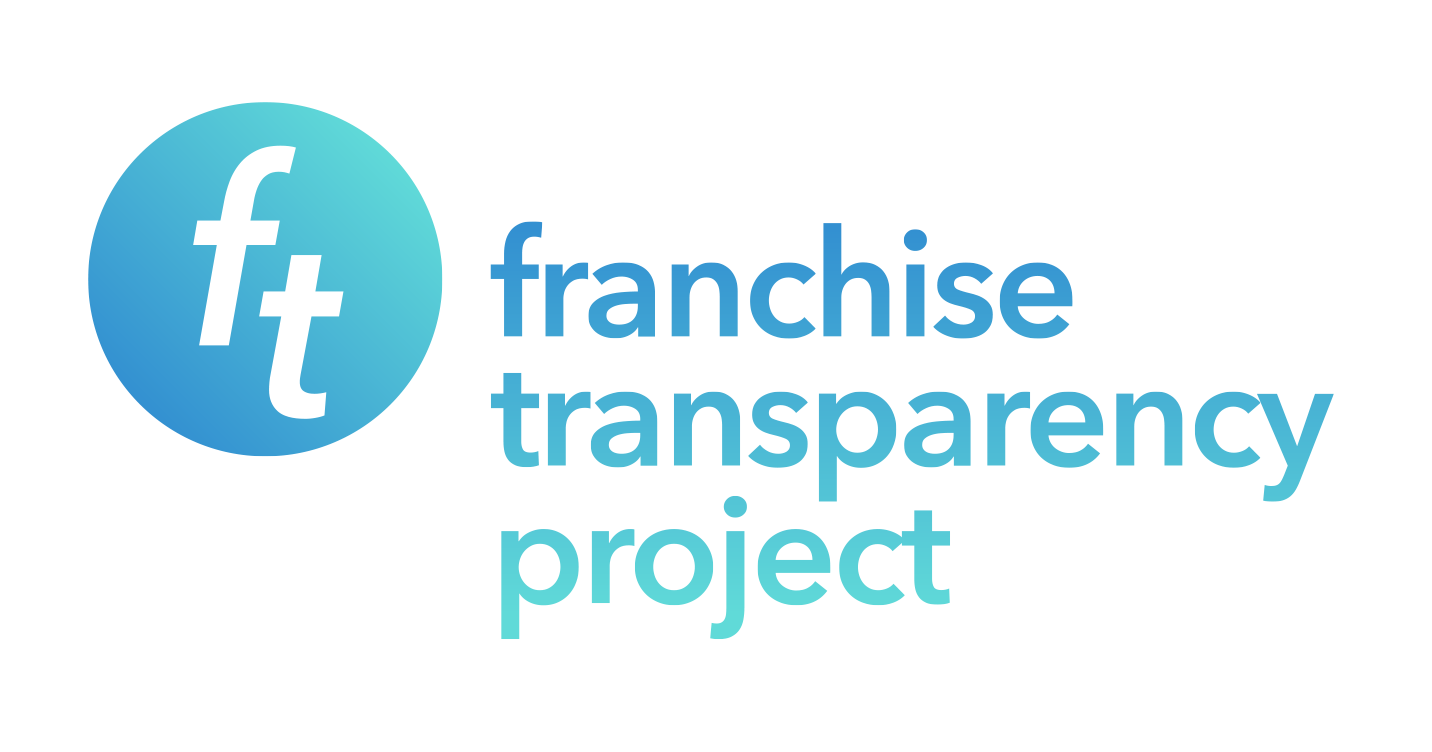
Franchising is an effective way to leverage your skills to build your own business without having to start from the ground up. While franchising is a great way to own and build a business, making the transition from your current job to a franchise owner is challenging.
In this post, we’ll take a look at the transition process from corporate America to franchise owner, including the steps involved and tips to make simplify the franchise transition process.
What is Franchising, and Who Should Consider It?
If you’re thinking of transitioning to franchising, it’s important to first understand what franchising is and who can benefit from it.
In general, franchising is a business model in which a company (the franchisor) licenses its know-how and trademarks to individual business owners (franchisees) in exchange for regular fees. Franchisees are then able to use the franchisor’s name and branding, as well as its systems and processes, to run their own businesses.
So who can benefit from franchising?
Generally speaking, anyone who wants to own their own business can benefit from franchising. Owning a franchise is similar to owning your own business but Franchises have a higher long-term success rate. Studies show that only 50% of small independent businesses were still operating after 5 years, while 85% of franchises are operating 5 years after their start date.
However, there are a few things you should keep in mind before making the transition. For example, you’ll need adequate financial resources in order to invest in a franchise, and you’ll also need to be prepared to follow the rules and procedures set by the franchisor.

From Employee to Entrepreneur: Transitioning to a Franchise
The franchise transition process can be broken down into several stages. The first step is researching the different franchise opportunities available and understanding the different types of franchises and how they differ from each other. You should also focus on finding a franchise that meets your financial and emotional needs.
Next, you will need to fill out a franchise application and submit it to the franchisor. This includes providing information about your experience, financials, and goals. Your application will then undergo a review process, during which time the franchisor will determine if you are a good fit for their franchise system.
If accepted, you will next enter into an agreement with the franchisor. This agreement outlines the relationship between you and the franchisor, as well as your responsibilities and obligations. It is important to read this document carefully before signing it.
The next step in the franchise transition process is preparing for the opening of your franchise location. This includes securing a location, hiring staff, obtaining supplies and marketing materials, and more. This can be a lengthy process, so it is important to be patient and organized.
Finally, you will need to open your franchise location and begin serving customers. This is an exciting time, but it also requires commitment and dedication. You will need to stay organized and focused on delivering excellent customer service if you want your franchise to succeed.
By following these steps, you can make a successful transition from your current job to owning your own franchise. With the right attitude and work ethic, you can enjoy the financial freedom that comes with being an entrepreneur.
Researching and Selecting the Best Franchise for You
If you’re considering making the transition to franchising, it’s important to do your research first. The process of selecting the right franchise can be daunting, but with the right information and resources, it can be much easier.
See if you qualify for financing from the SBA for approved franchises.*
*No impact to your credit score. For informational purposes only.
Here are a few tips on how to research and select the right franchise for you:
Know what you want
Before you begin researching franchises, take some time to figure out what you want in a business. What are your goals and priorities? What skills and experience do you have to offer? What type of business would you be interested in? Knowing what you want will help focus your research and make the selection process easier.
Do your homework
Once you know what type of franchise interests you, it’s time to do some serious research. Learn as much as possible about the industry, the company and the specific franchise opportunity. Talk to current and former franchisees about their experience with the company and get honest feedback about whether or not they would recommend it.
Consider your finances
One of the most important factors in choosing a franchise is financial stability. Make sure that you have a realistic idea of how much money you can invest in a business and how much income you can expect to make. Talk to a financial advisor if necessary, and do not let emotions influence your decision.
Prepare for the future
Finally, think about how the franchise will fit into your long-term plans. Consider the potential for growth, what other resources you may need, and any possible obstacles that could arise in the future. With the right franchise opportunity, you can make the transition to a successful business owner.

The Importance of a Good Franchisor-Franchisee Relationship
A good franchisor-franchisee relationship is essential for the success of any franchise business. The franchisor and franchisee must have a mutual understanding of their respective roles and responsibilities, and be willing to communicate openly and honestly throughout the process. A strong relationship between the two parties can lead to more successful operations, efficient problem-solving, and improved customer service.
The franchisor must have a clear understanding of the franchisee’s needs and goals in order to offer the right advice and support. At the same time, it is important for the franchisee to be open-minded and honest with the franchisor about any issues or concerns they may have.
The franchisor should provide guidance, advice, and support as needed, while the franchisee is responsible for following the franchisor’s guidelines and maintaining a consistent level of quality service.
A good franchisor-franchisee relationship is based on a willingness to work together and compromise when necessary. With the right combination of communication, trust, and respect, you can achieve success in your franchise transition.
Don’t Be Afraid to Make the Switch
Making the transition to franchising is an exciting and rewarding experience. With careful research and preparation, you can find the perfect franchise opportunity that fits your goals and lifestyle.
If you aren’t 100% confident on which franchise is best for you, get some guidance from a franchise coach. Franchise coaches are industry veterans who can ensure that you’re franchise aligns with your skills and life goals.
Don’t be afraid of taking the plunge – it could be the best decision you ever make!







